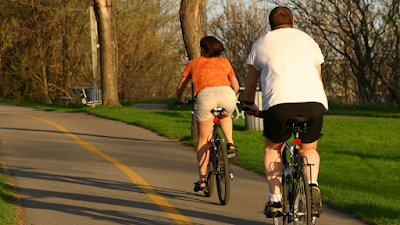Resistance Band Workouts: Strength Training for Seniors
What if staying strong as you age didn’t require heavy weights or expensive gym memberships? Elastic bands might hold the answer. These stretchy tools are revolutionizing fitness routines for older adults, offering a safe, adaptable way to build strength without straining joints. Unlike traditional gym equipment, elastic bands provide variable resistance , meaning the challenge increases as they stretch. This makes them ideal for maintaining muscle tone and improving mobility. Whether at home, outdoors, or while traveling, they’re lightweight and easy to store. Experts like Jason Machowsky, a board-certified sports physiologist, highlight their benefits: “They allow controlled movements that protect joints while still building functional strength.” For seniors in the U.S., this adaptability is key to staying active long-term. This guide will walk through simple setups, effective techniques, and safety measures tailored to older adults. Discover how to create a full-body routine that f...

